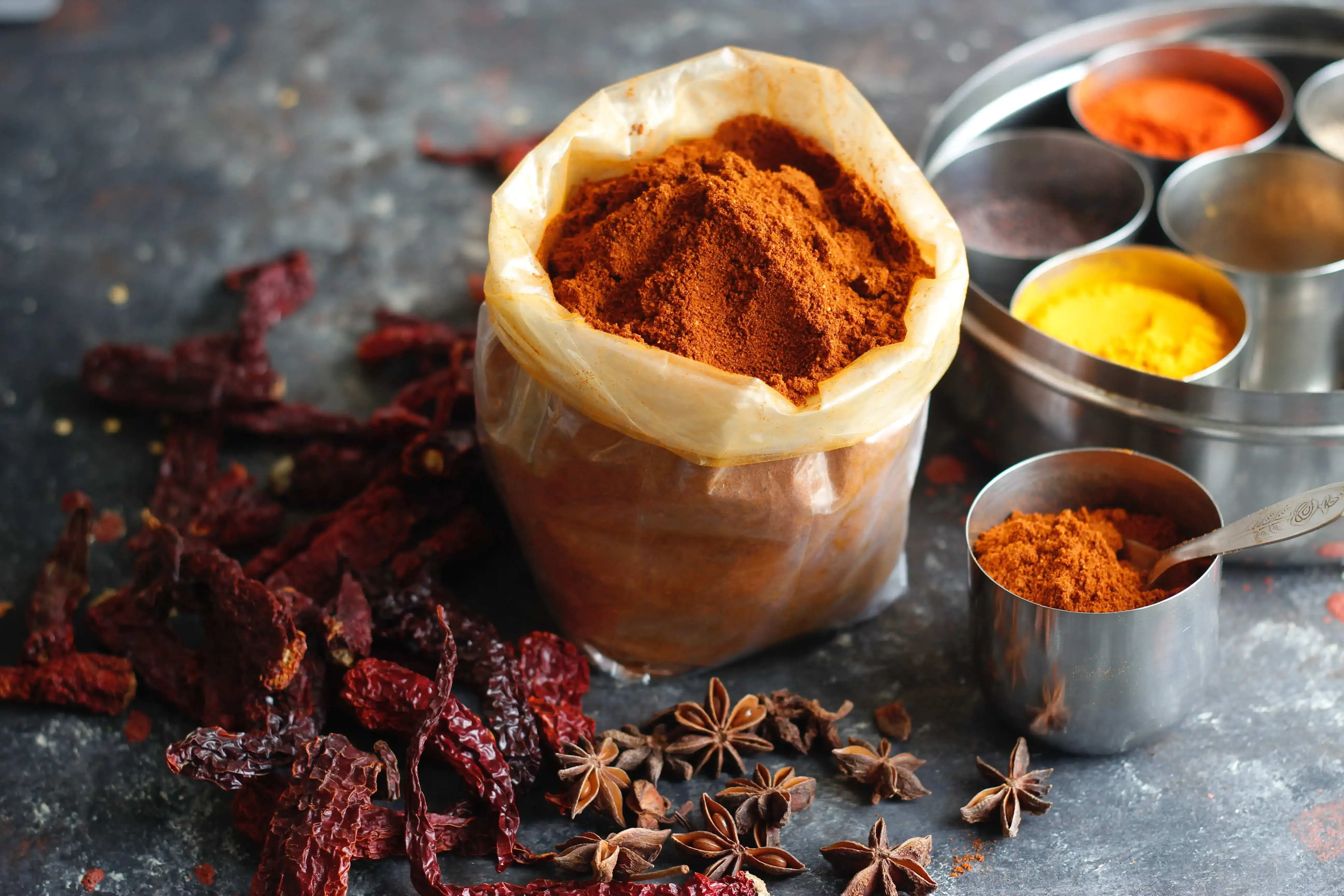Golden Spice, Golden Health: Unveiling the Benefits of Turmeric

What is Turmeric?
Turmeric, scientifically known as Curcuma longa, is a flowering plant belonging to the ginger family. This vibrant, golden spice is native to South Asia and is renowned for its culinary and medicinal uses. The key to turmeric's remarkable properties lies in its rhizomes, which are harvested and processed to obtain the bright yellow powder we commonly use.
The Active Compound: Curcumin
The real magic behind turmeric's health benefits is its active compound, curcumin. Curcumin is a powerful polyphenol with potent antioxidant and anti-inflammatory properties. It's this compound that makes turmeric a superfood.
Health Benefits of Turmeric
- Anti-Inflammatory Properties: Curcumin is a formidable anti-inflammatory agent. Chronic inflammation is a contributing factor to various health conditions, including heart disease, cancer, and neurodegenerative disorders. Turmeric's curcumin helps combat inflammation at the molecular level, making it a valuable addition to an anti-inflammatory diet.
- Powerful Antioxidant: Curcumin is not only anti-inflammatory but also a robust antioxidant. It's a scavenger of harmful free radicals in the body, which can cause cellular damage. By neutralizing these free radicals, curcumin helps protect your cells from oxidative stress, reducing the risk of chronic diseases.
- Brain Health: Curcumin has the potential to enhance brain health. Some studies suggest that it may increase levels of Brain-Derived Neurotrophic Factor (BDNF), a growth hormone that functions in the brain. Higher BDNF levels are associated with improved brain function and a reduced risk of brain diseases, including Alzheimer's.
- Arthritis Relief: Due to its potent anti-inflammatory properties, turmeric is a natural remedy for managing symptoms of osteoarthritis and rheumatoid arthritis. Many individuals with these conditions experience reduced joint pain and improved mobility when incorporating turmeric into their daily routine.
- Heart Health: Curcumin benefits the cardiovascular system by improving the function of the endothelium, the lining of blood vessels. It regulates blood pressure and reduces the risk of blood clot formation, thus contributing to better heart health.
- Cancer Prevention: While further research is needed, curcumin has shown promise in cancer prevention and treatment. Some studies suggest that it can inhibit the growth of cancer cells and prevent the spread of tumors. Its anti-inflammatory and antioxidant properties make it a valuable addition to a cancer-fighting diet.
Ways to Incorporate Turmeric Into Your Diet
- Turmeric Tea: To prepare turmeric tea, boil water and add a teaspoon of turmeric. Let it simmer for about 10 minutes. For added flavor, consider a touch of honey or a squeeze of lemon.
- Golden Milk: Golden milk is a warm and soothing beverage made by blending turmeric with milk and spices such as black pepper, cinnamon, and ginger. This delightful drink is not only delicious but also a healthful addition to your evening routine.
- Turmeric in Curries: Turmeric is a staple in curry recipes, enhancing both the flavor and the nutritional value of your dishes. Use it to season vegetable, chicken, or tofu curries for a flavorful and healthful twist.
- Smoothies: Boost your morning smoothies with a pinch of turmeric. Its earthy flavor pairs well with fruit, yogurt, and other smoothie ingredients. This addition provides an antioxidant boost to start your day.
- Turmeric Supplements: While incorporating turmeric into your diet is beneficial, some individuals opt for curcumin supplements. If you decide to go this route, it's essential to consult a healthcare professional, especially if you have specific health concerns or are taking medication.
Precautions and Considerations
While turmeric offers numerous health benefits, it's crucial to consider potential side effects and interactions. Excessive consumption may lead to digestive discomfort, and turmeric may interact with certain medications. If you're on prescription drugs or have specific health concerns, consult a healthcare provider before significantly increasing your turmeric intake. Pregnant and breastfeeding women should also use turmeric cautiously.
In Conclusion
The golden spice, turmeric, is a remarkable addition to your dietary and wellness regimen. Its active compound, curcumin, offers a multitude of health benefits, from reducing inflammation to protecting against chronic diseases. By incorporating turmeric into your diet, you can harness its potential for improved well-being. Remember to consume it in moderation and consult a healthcare professional if you have specific health concerns or are considering turmeric supplements. Embrace the golden spice and unlock the golden path to better health.


